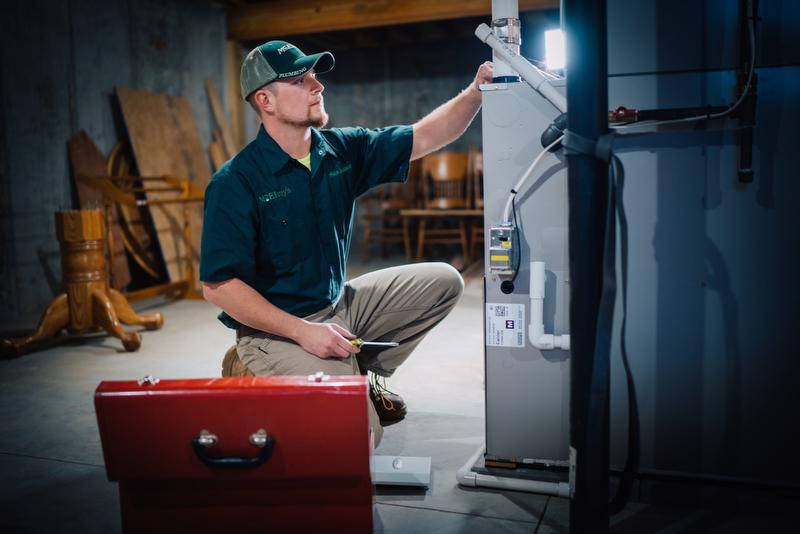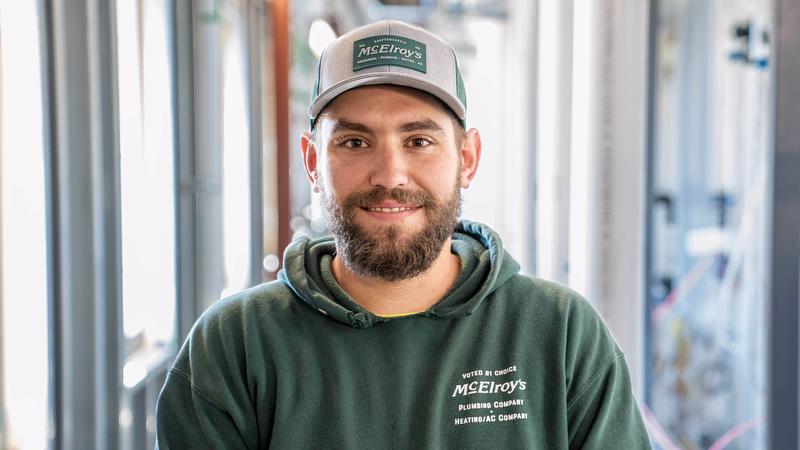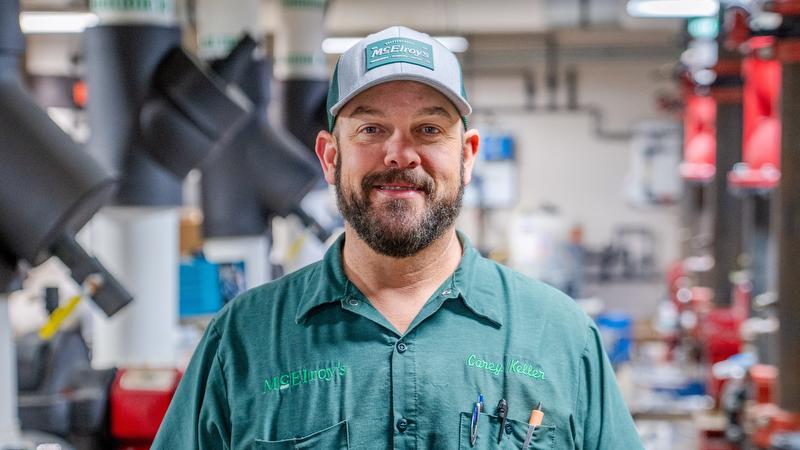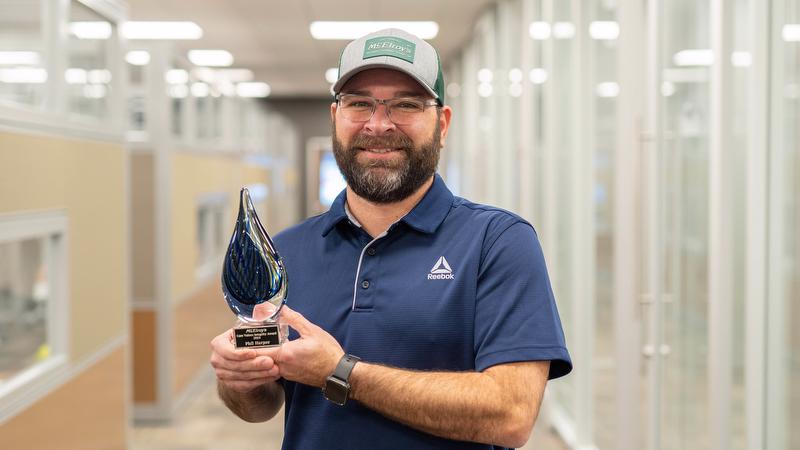Insights
The most efficient home heating choices: Furnace vs Heat Pump vs Boiler vs Geothermal
January 15, 2020Welcome to 2020! If you’re like most of America, you entered the new year with new goals and plans - perhaps a resolution or two. Among the top 10 most common resolutions made are to exercise more, lose weight, get organized, and save more money/ spend less money. We may not have an answer for losing those last 10 pounds or organizing your pantry, but we can give you ideas for saving money at home, particularly during this cold winter.
When it comes to heating your home efficiently, you have options. First, walk through our Home Heating Efficiency Checklist. Upgrading your home heating system can also be an effective way to save money. Let’s look at the differences between furnaces, heat pumps, boilers, and geothermal heat pumps.
Furnace
A furnace utilizes natural gas, propane, heating oil, or electricity to heat air that is then blown throughout the house via a duct system. The efficiency of your furnace is measured by annual fuel utilization efficiency (AFUE), and should be clearly displayed on the unit. Depending on the age of your system, your furnace could be operating at 59-99% efficiency. High-efficiency furnaces today offer about 90% or more AFUE, which means around 10% of the energy is expelled as exhaust. Furnaces lose efficiency over time, so it’s important to keep them well-maintained by a McElroy’s professional. Our team of experts can also help with any furnace repair or furnace service needed. With proper maintenance, the life expectancy of a furnace is 15-30 years.
Heat Pump (air source)
A heat pump can be used for heating and cooling. It looks like a typical outdoor a/c unit but it can pump the refrigerant in a counterclockwise direction in the heating mode which allows it to absorb heat from the outside air and transfer it into the home. This heat pump cycle is just moving heat the opposite direction of the a/c cycle which moves heat from inside the home to the outside therefore leaving your home cooler inside. Its efficiency measure is rated in HSPF, or Heating Season Performance Factor. The higher the rating, the more efficient the pump. By government standards, the lowest a heat pump can rate is 8.2 HSPF, but the American Council for an Energy-Efficient Economy recommends buying a heat pump that is at least 8.5 HSPF. Average life expectancy for these guys is 15-20 years.
Boiler
Boilers use natural gas, propane or electricity to heat up water that is then distributed through the house via a series of small pipes that heat baseboard, cast iron radiators, or radiant floor systems. Like furnaces, boiler efficiency is measured by AFUE and operate at about 50-96% efficiency, depending on their age and design. Boilers have a life expectancy of 15-30 years.
Geothermal Heat Pump (ground source)
A geothermal heat pump system uses the same basic principle as an air source heat pump: it transfers heat to or from the ground to heat and or cool the home. Geothermal pumps are considered the greenest, most efficient, and most cost-effective of the heating and cooling systems available. It is about 400% efficient. The indoor unit of a geothermal system has a life expectancy of about 25 years, while the ground loop can last 50 years. Read How do geothermal heat pumps work? to see if they are right for you.
McElroy’s experts can walk you through all these options to help determine which option is best for you and your home. Whether you need help getting your current unit running at its best, or are considering upgrading your system, McElroy’s experienced team of certified technicians are on call 24 hours to help you. We are a Carrier residential factory authorized dealer, but have experience with a wide variety of systems and brands. If you’re cost conscious, be sure to give us a call. McElroy’s will do a fair and thorough assessment of your home’s system and in many instances, we can actually meet or beat the price on residential HVAC installations compared to our competitors if you give us a chance to compare prices. Family owned and operated by the McElroy family since 1951.










